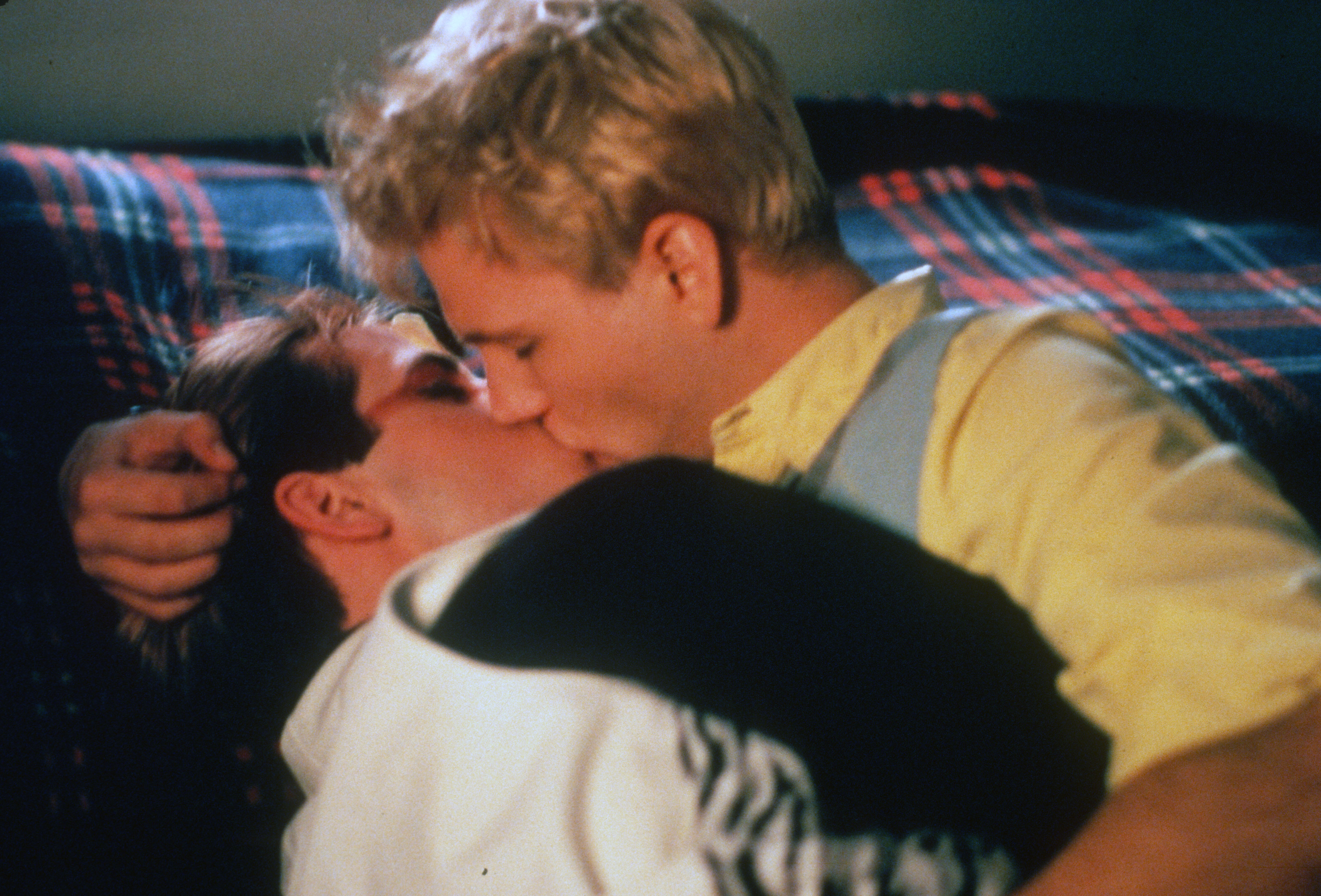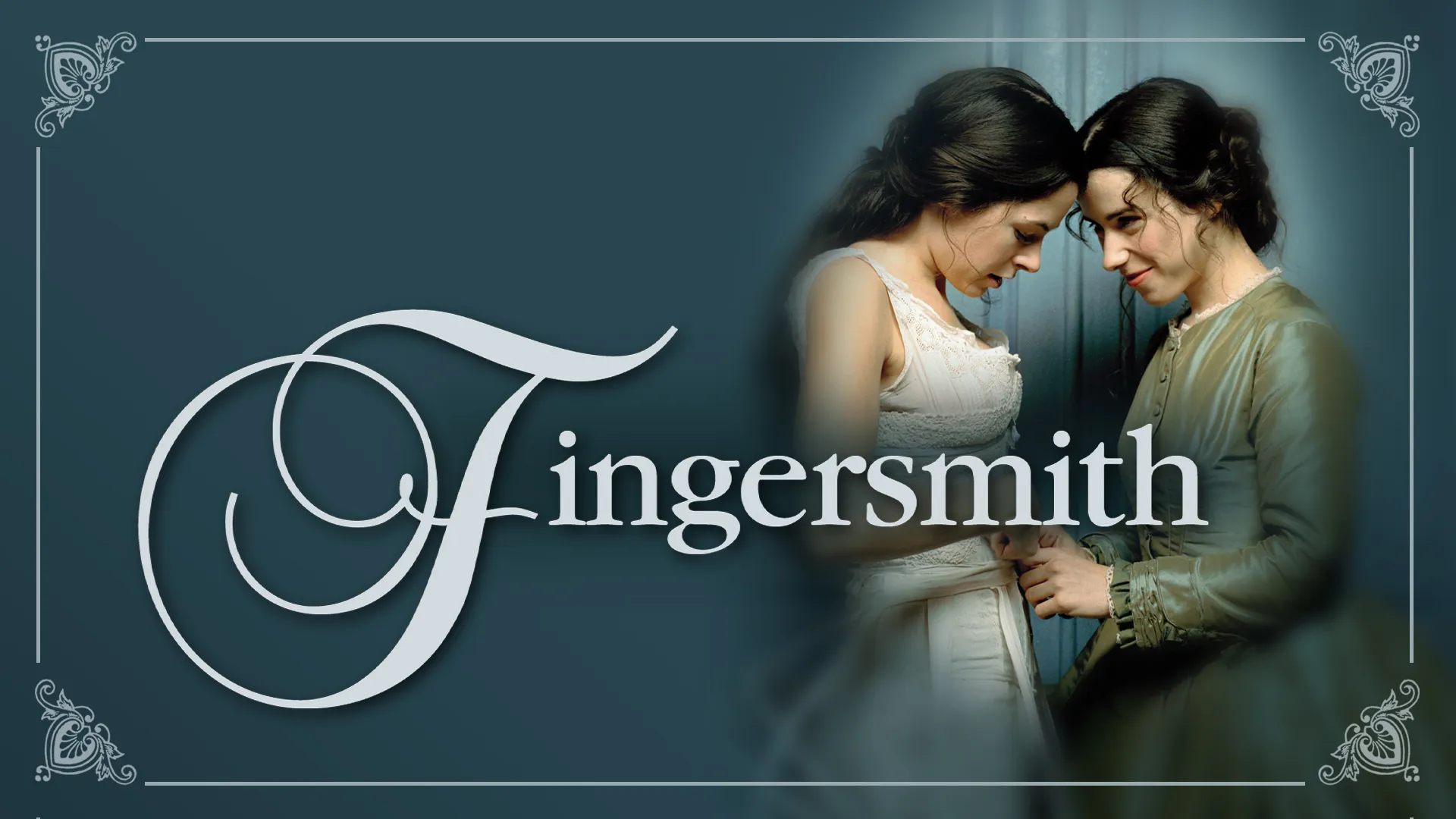Edge of Seventeen (1998) is a poignant and heartfelt coming-of-age drama that explores the complex journey of self-discovery and sexual identity during adolescence. Directed by David Moreton and written by Todd Stephens, the film is a semi-autobiographical account inspired by Stephens’ own teenage years in Sandusky, Ohio. Set in 1984, the film captures the atmosphere of a small conservative town in the Midwest and the struggles faced by a young man who is coming to terms with his sexuality in a world that doesn’t easily accept difference.
The story centers on Eric Hunter, a 17-year-old high school student who is bright, artistic, and uncertain about his place in the world. During the summer, he gets a job at an amusement park, where he meets Rod, an older, openly gay college student. Their connection triggers a wave of confusion and desire in Eric, leading him to confront feelings he has long suppressed. This initial encounter sets Eric on a path of personal transformation, as he begins to explore his sexuality more openly—first through experimentation and later through emotional reckoning.
As Eric navigates this new and unfamiliar terrain, he begins to grow apart from his best friend Maggie, who is unaware of his internal struggle. Their friendship becomes strained as Eric spends more time in the gay scene, frequenting local clubs and meeting new people. One of the most significant characters he meets is Angie, a sharp-witted and openly lesbian woman who manages a diner and becomes a crucial source of support and guidance. With Angie’s help, Eric starts to embrace his identity, though not without facing rejection, fear, and moments of isolation.

The film paints an honest picture of teenage anxiety, the thrill and terror of first love, and the search for belonging. It avoids melodrama and instead leans into authenticity, showing Eric’s journey with emotional clarity and realism. The 1980s setting adds layers of nostalgia, with a vibrant soundtrack featuring songs by Eurythmics, Bronski Beat, and Culture Club that evoke the cultural backdrop of the time and complement Eric’s emotional state. The film also touches on themes of homophobia, family expectations, and the importance of community in the process of coming out.
Chris Stafford gives a deeply affecting performance as Eric, capturing both his vulnerability and his quiet determination. Tina Holmes as Maggie brings emotional depth to a character who feels betrayed yet still cares deeply for her friend. Andersen Gabrych’s portrayal of Rod adds complexity, showing how early experiences can be both awakening and painful. Lea DeLaria stands out as Angie, offering humor, warmth, and a sense of solidarity.

Edge of Seventeen remains a seminal work in LGBTQ+ cinema. It is celebrated not only for its tender and truthful depiction of a young gay man's experience but also for its message of self-acceptance and courage. The film continues to resonate with audiences today, reminding us that discovering who we are is often a messy, beautiful, and necessary journey.

